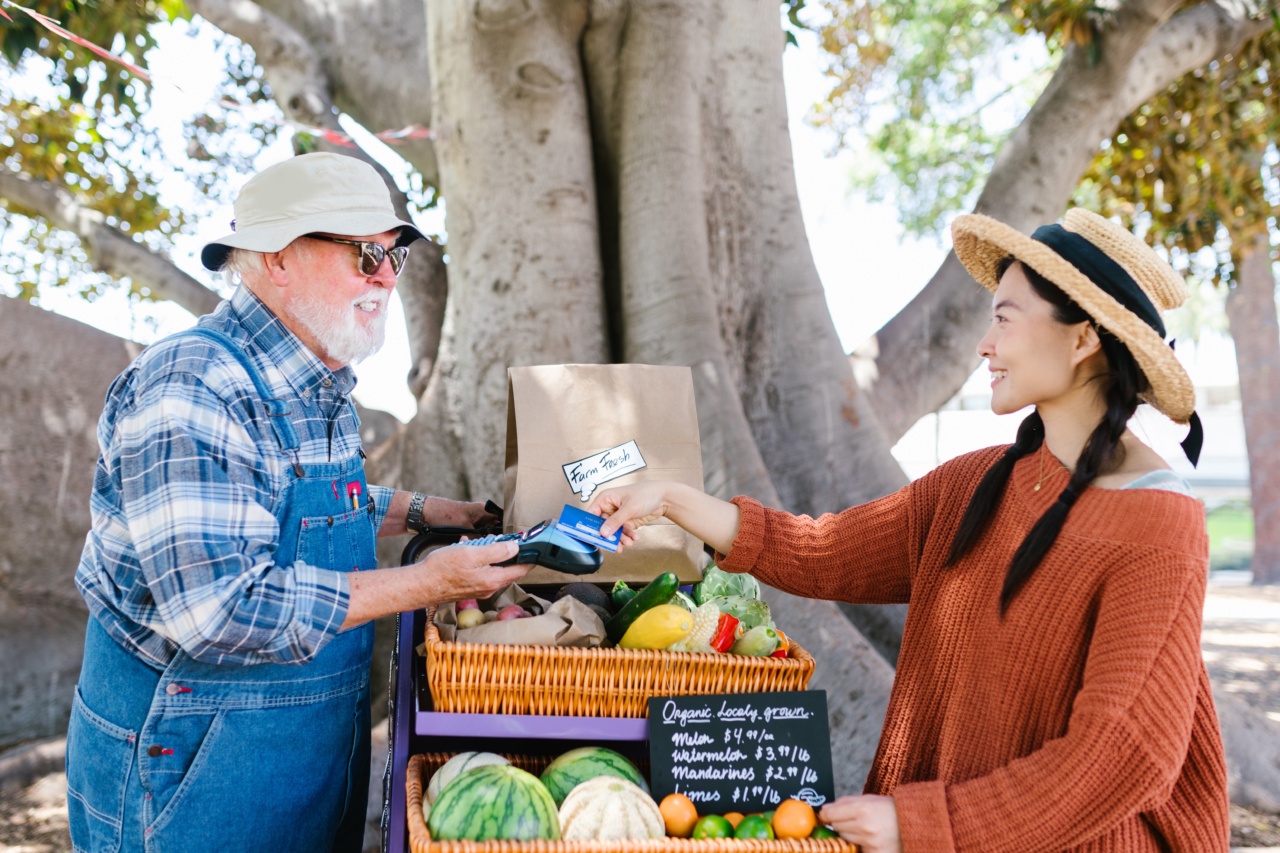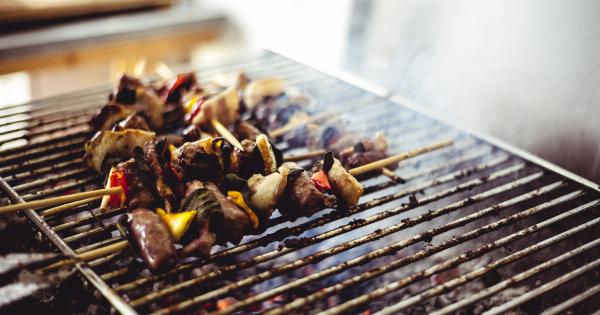When it comes to storing fruits and vegetables, it’s important to know that not all combinations are ideal. Some fruits and vegetables emit gases that can cause others to spoil, while others are simply incompatible when it comes to storage.
Here are some reasons why you should keep certain fruits and vegetables apart from each other:.
1. Bananas and Apples
Bananas and apples should not be stored together. Bananas emit a gas called ethylene, which can cause apples to ripen and eventually spoil faster.
To keep apples fresh for a longer period, it’s best to store them separately from bananas or other fruits that emit ethylene gas.
2. Tomatoes and Cucumbers
Tomatoes and cucumbers should also be stored apart. Tomatoes emit ethylene gas, which can cause cucumbers to become soft and develop an off taste. To keep cucumbers fresh, it’s best to store them away from tomatoes.
3. Avocado and Bananas
Avocado and bananas should not be stored together. Bananas emit ethylene gas, which can cause avocados to ripen and become too soft too quickly. To keep avocados fresh for longer periods, it’s best to store them separately from bananas.
4. Squash and Apples
Squash and apples should be stored separately. Apples release ethylene gas, which can cause squash to spoil and become mushy quickly.
To keep squash fresh for longer periods, it’s best to store them in a cool, dry place, away from apples and other ethylene-producing fruits.
5. Onions and Potatoes
Onions and potatoes should not be stored together. Onions release moisture and gases that can cause potatoes to soften and sprout.
To keep potatoes fresh for longer periods, it’s best to store them in a cool, dark, and dry place, away from onions or other vegetables that release moisture.
6. Melons and Ethylene-Producing Fruits
Melons should be stored away from ethylene-producing fruits such as apples, bananas, and tomatoes. The gases released by these fruits can cause melons to spoil and become overripe too quickly.
7. Berries and Leafy Greens
Berries and leafy greens should not be stored together. Leafy greens release moisture, which can cause berries to spoil and become moldy.
To keep berries fresh for longer periods, it’s best to store them in a separate container from leafy greens and other vegetables that release moisture.
8. Citrus Fruits and Other Fruits
Citrus fruits such as lemons, limes, and oranges should not be stored with other fruits. They release a high amount of acidity, which can cause other fruits to spoil and develop an off taste.
To keep citrus fruits fresh for longer periods, it’s best to store them separately from other fruits.
9. Carrots and Apples
Carrots and apples should be stored separately. Apples release ethylene gas, which can cause carrots to become bitter and lose their flavor.
To keep carrots fresh for longer periods, it’s best to store them away from apples and other ethylene-producing fruits.
10. Garlic and Onions
Garlic and onions should not be stored together. They release a high amount of sulfur, which can cause each other to spoil quickly and develop an unpleasant flavor.
To keep garlic and onions fresh for longer periods, it’s best to store them in separate containers in a cool, dry place.
Conclusion
Storing fruits and vegetables properly is essential to keeping them fresh for longer periods. By keeping certain fruits and vegetables apart from each other, you can prevent spoilage, preserve flavor, and extend the shelf life of your produce.






























